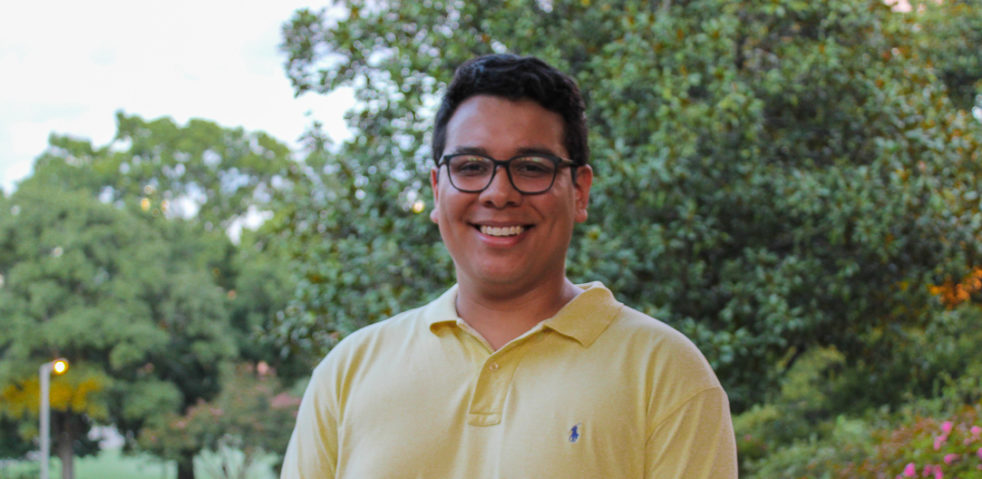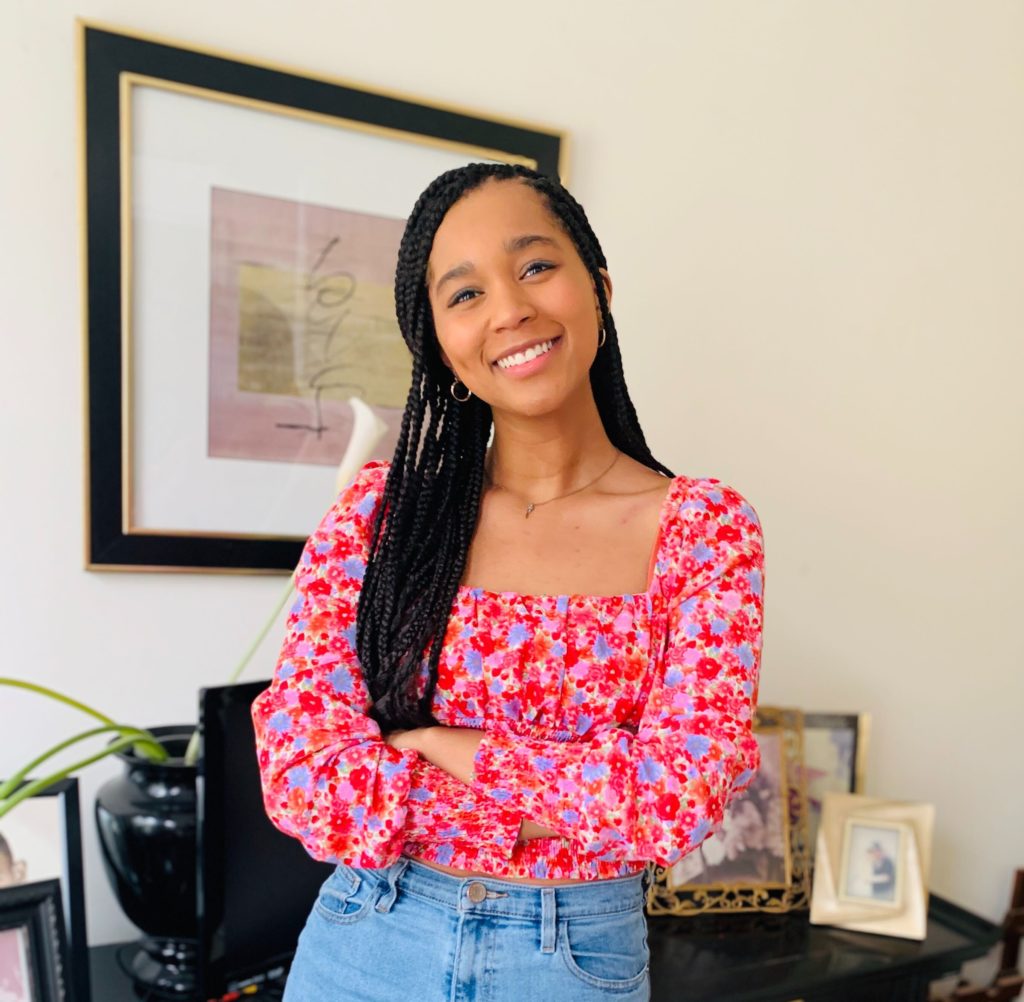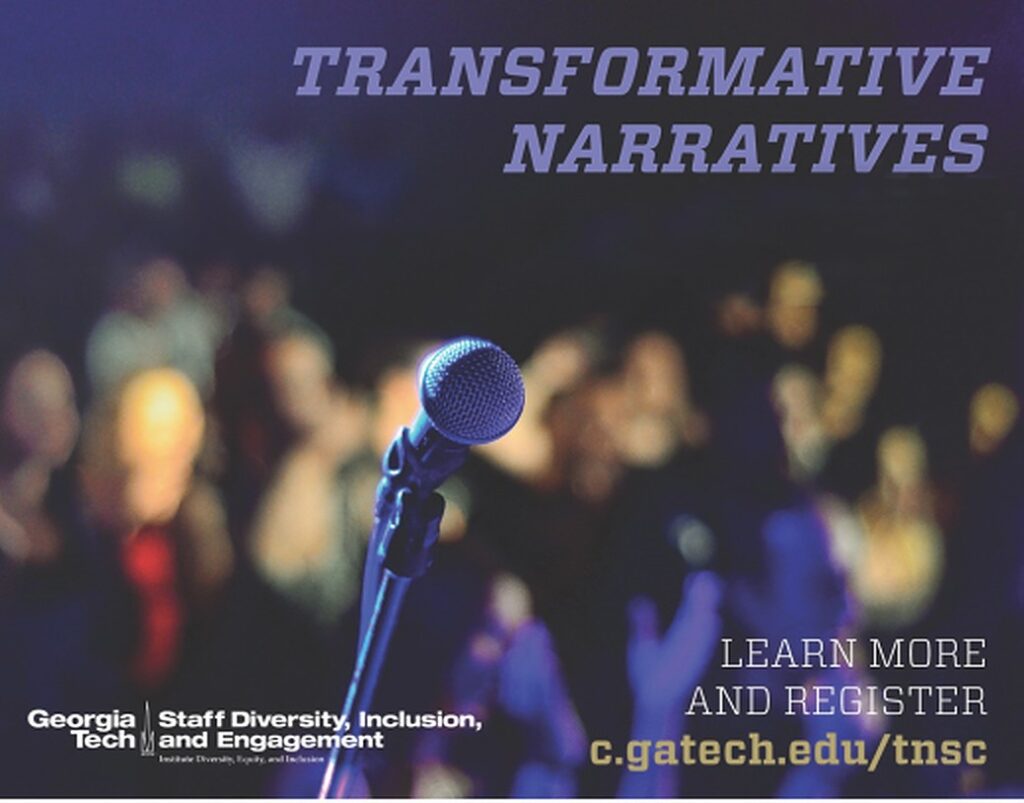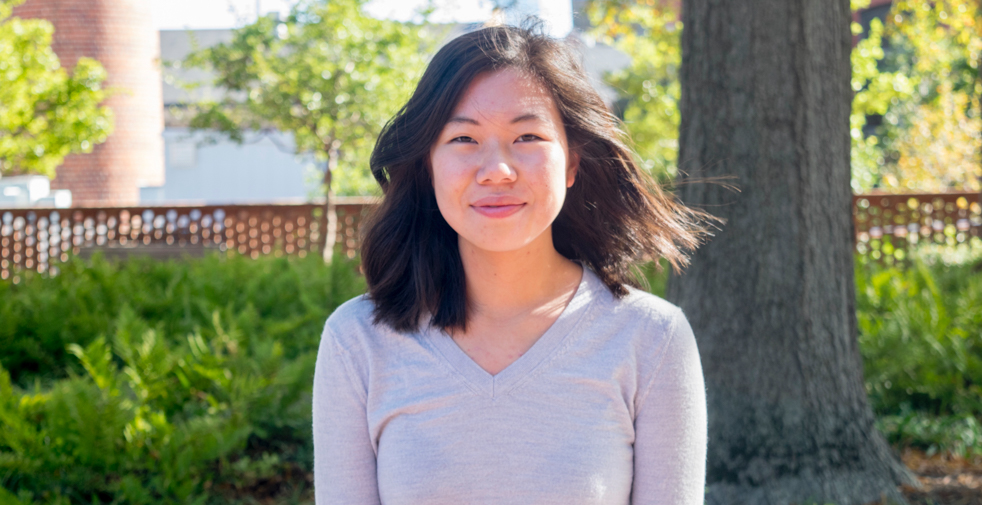
Like many people across the nation, and frankly around the world, on Election Day evening and into Wednesday I have been glued to my phone, willing an outcome to manifest. But regardless of what the inevitable outcome of the 2020 Presidential election is, I am unable to shake one thought in particular: I’m elated that my home state of 21 years has finally been elevated to the national political conversation.
Georgia’s role in the presidential race was not so much a dramatic set of twists and turns, but a battle of wills. It has been a battle of endurance, to see whether Trump could hold his lead or Biden could inch his way past the margin. Predicted to be a toss-up to begin with, the race led with pollsters warning in the few weeks leading up to Tuesday that either party could take the state’s sixteen electoral votes. At the time this was written, Biden closed a two-point gap on Tuesday to be within striking distance with a 0.8% margin, or only 39,000 votes. Even late into Wednesday night, media sources asserted that Georgia still remained in play with 200,000 outstanding votes. These facts taken together are astonishing, since Democrats have not won here in nearly three decades.
I remember listening to election coverage around the time Biden was chosen as the Democratic nominee, and being disheartened that Georgia was not being taken seriously as a potential swing state. Pundits have not seen the metro-Atlanta area like many of its residents have always being taken seriously as a potential swing state.
Pundits have not seen the metro-Atlanta area like many of its residents have always seen it, which is a very diverse, increasingly young electorate.
Only very recently have mentions of the Dekalb Farmer’s Market and other symbols of changing demographics in the state surfaced in the mainstream media.
Stacey Abrams, largely credited with turning out droves of new voters with her organization Fair Fight, has known about our state’s potential since her near-victory in 2018.
And she has clearly had a large influence on the state of the race in the Peach State, where she managed to convince the Biden campaign to increase spending there in the last days leading up to Nov. 3.
No one else in the state has had a bigger impact on championing Georgia as a serious contender, and she did it while starting and leading her own national voting rights organization to fight voter suppression on both fronts.
I don’t believe that Georgia should be limited to the two narratives that emerged pre-election: that it is the same Republican stronghold that has existed for decades, or that its changing demographics have somehow made it a very viable Democratic state.
From the initial results, it is clear that Georgians are split down the middle, and most consider themselves political moderates.
Down-ballot races largely reflect a similar range of voter opinions, from the election of a QAnon supporter to the House to four progressive Democratic DA’s picking up GOP-held seats.
I think Georgia is actually incredibly representative of the national race, in that razor-thin margins separate a deeply divided country that comprises mostly moderates.
It seems to signal that America is not electorally ready for the kind of sweeping changes that progressives were hoping for.
What gives me optimism is Georgia’s future prospects. If not this election, there will come a time when the state becomes unrecognizable from the state it was ten years ago.
This kind of exceedingly thin margin was unthinkable to both campaigns just six months ago.
This is a margin that conservatives never saw coming and we can only wait to see how it plays out.
If Georgia does indeed end up flipping, it will be the first time in 28 years since it happen.
Young people, college students, and people of color are increasingly exercising their collective political power, and the thought of what could be is intoxicating.
So as we wait for Georgia’s results to come in, and as the gap narrows by fractions of percentage points by the hour, I don’t see the race as a nail-biter. I see it as victory.







